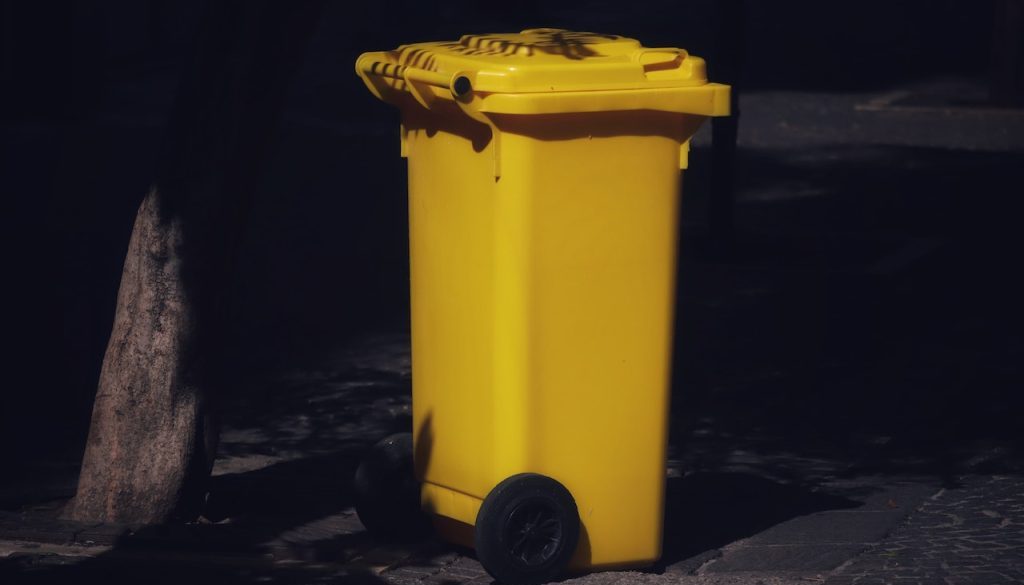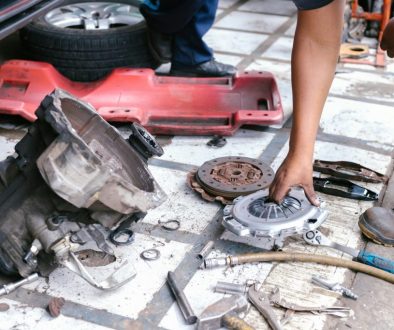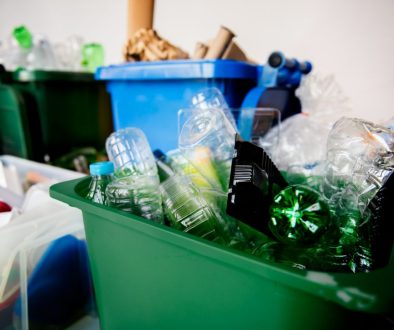When you overload your skip, you are effectively increasing the amount of waste that you are disposing of. This can have several consequences, both for you and the environment.
Here are some of the risks of overloading your skip:
1. Overloaded Skips Are a Safety Hazard
If the skip is not adequately secured, the contents can spill out onto the road, posing a danger to pedestrians and motorists. In addition, if the skip is overloaded, it is more likely to tip over, which could cause serious injuries.
2. Overloaded Skips Are a Nuisance to Your Neighbours
If the skip is too full, it can block the pavement, making it difficult for people to walk past. In addition, the contents of the skip may spill out onto the pavement, causing litter.
3. Overloaded Skips Can Damage the Environment
If the skip is not covered correctly, the contents can spill out and pollute the surrounding area. In addition, if the skip is left for too long, the contents can start to decompose, releasing methane gas, a greenhouse gas. Overloading a skip can also cause environmental damage, as the extra waste can leak out and contaminate the ground.
4. Overloaded Skips Can Be a Fire Hazard
One of the most serious concerns of overloading your skip is that it can catch fire. This is because the extra waste creates more heat, which can cause spontaneous combustion. If the skip is not properly covered, the contents can catch fire, posing a danger to both people and property.
5. Overloaded Skips Can Be a Health Hazard
If the skip is not properly covered, the contents can attract vermin, spreading disease. In addition, the skip may contain hazardous materials, which can be harmful if inhaled or ingested.
6. Overloaded Skips Can Lead You to A Fine
If you overload your skip, you may be fined by your local council. The fine amount will diversify depending on the council, but it will likely be several hundred pounds.
7. The Skip May Be Damaged
Once you overload your skip, the weight of the waste may damage the skip. This could make the skip unusable, and you must pay for a replacement.
8. You Could Injure Yourself
If you overload the skip, you could injure yourself when trying to lift the waste into the skip. The waste could also fall out of the skip and hurt you or someone else.
9. You Could Damage Your Property
If you overload the skip, the weight of the waste could damage your property. For example, if the skip is on your driveway, the weight of the waste could damage the driveway. It could also block the road, causing an obstruction and potentially leading to an accident.
10. You May Be Required to Pay for the Disposal of the Extra Waste
Overloading a skip can also lead to extra costs for waste disposal. This is because the weight of the waste could damage the skip or cause it to be overloaded. If you overload the skip, you could be required to pay for the extra waste disposal. This could cost you more payment than if you had just hired a larger skip in the first place.
11. The Extra Weight of the Waste May Damage the Skip Truck or Other Vehicles
If you overload the skip, it could damage the skip truck or other vehicles. This is because the extra weight of the waste could cause problems when lifting or moving the skip. It could also lead to accidents if the skip falls off the truck while transported.
How to Prevent an Overloaded Skip?
If you’re planning to hire a skip for your next project, it’s essential to make sure that you know the weight limit of the skip that you are using. Overloading a skip can cause serious problems, including damage to the skip itself and the surrounding area.
Here are some tips to prevent an overloaded skip:
- Make sure you know the weight limit of the skip you use. This information should be available from the skip hire company.
- Once you know the weight limit, make sure that you stick to it. Do not try to overload the skip, even if it seems like there is room. If you are unsure about how much weight is in the skip, you can always weigh it before you start loading anything else into it. This will give you a good indication of how close you are to the limit.
- When filling the skip, start with the heaviest items first. Make sure that you spread the waste evenly throughout the skip. This will help distribute the weight and prevent the skip from overloading in one area.
- Avoid putting sharp objects in the skip, as these can puncture the sides and cause the contents to spill out. Avoid putting heavy items such as concrete or bricks near the edges of the skip. This can cause the skip to tip over if it becomes too top-heavy. These items should be disposed of separately.
- If you are filling the skip with soil or rubble, make sure it is compacted as much as possible. This will reduce the overall weight and make it easier to stay within the limit.
- If you accidentally overload the skip, it is essential to unload it as soon as possible. Do not try to move the skip with the extra weight, as this could cause serious damage.
If you are unsure of the size of the skip you need, it is always better to err on the side of caution and hire a larger skip than you think you will need. This will help avoid the overloaded skip problem and ensure that your waste is disposed of safely and correctly.
Conclusion
Overloading your skip can have many consequences. These include causing the skip to topple over, damaging the skip and surrounding property and injuring anyone in the vicinity. Additionally, overloading can make the skip challenging to collect and transport and may result in additional charges being levied.
As such, it is crucial to ensure that you do not overload your skip and to check with your skip hire company if you are unsure of the maximum weight limit. By doing so, you can help to avoid any potential risks and consequences associated with overloading.
Enviro Skip Hire is a family-run skip hire and aggregate company servicing Staffordshire. They offer a wide range of skip sizes and aggregates to choose from. If you need to hire a skip or aggregate services in the Newcastle Under Lyme area, give them a call.




